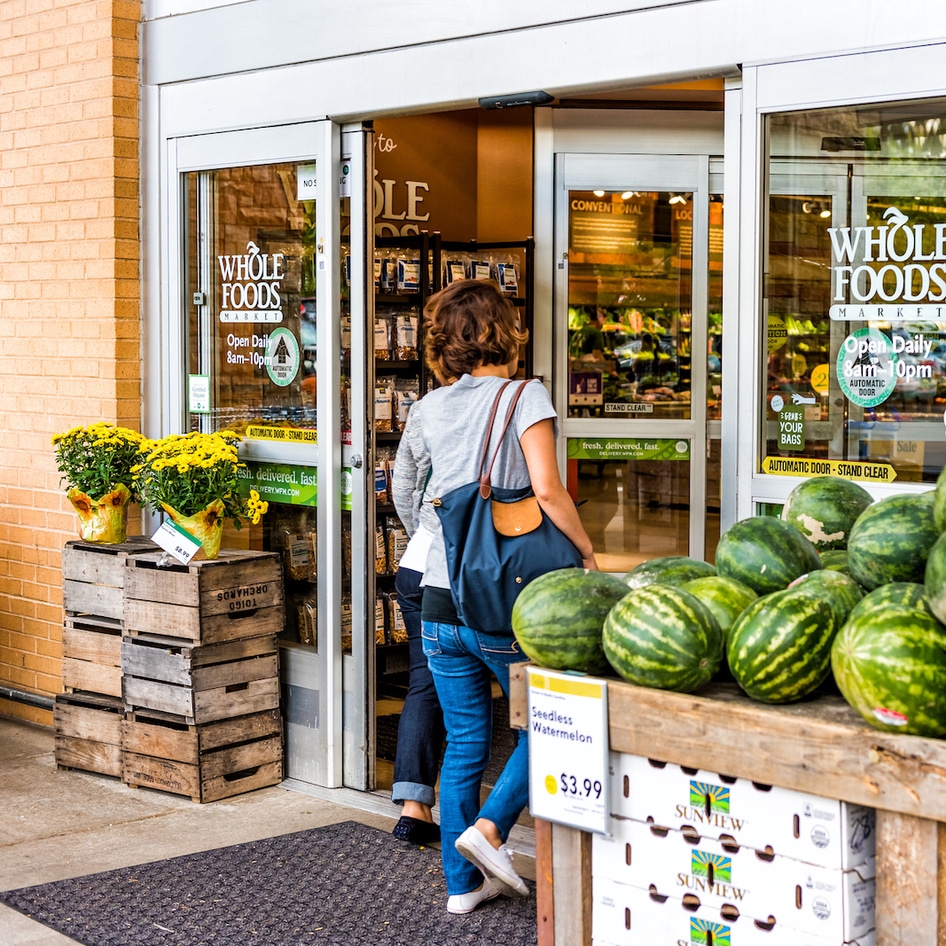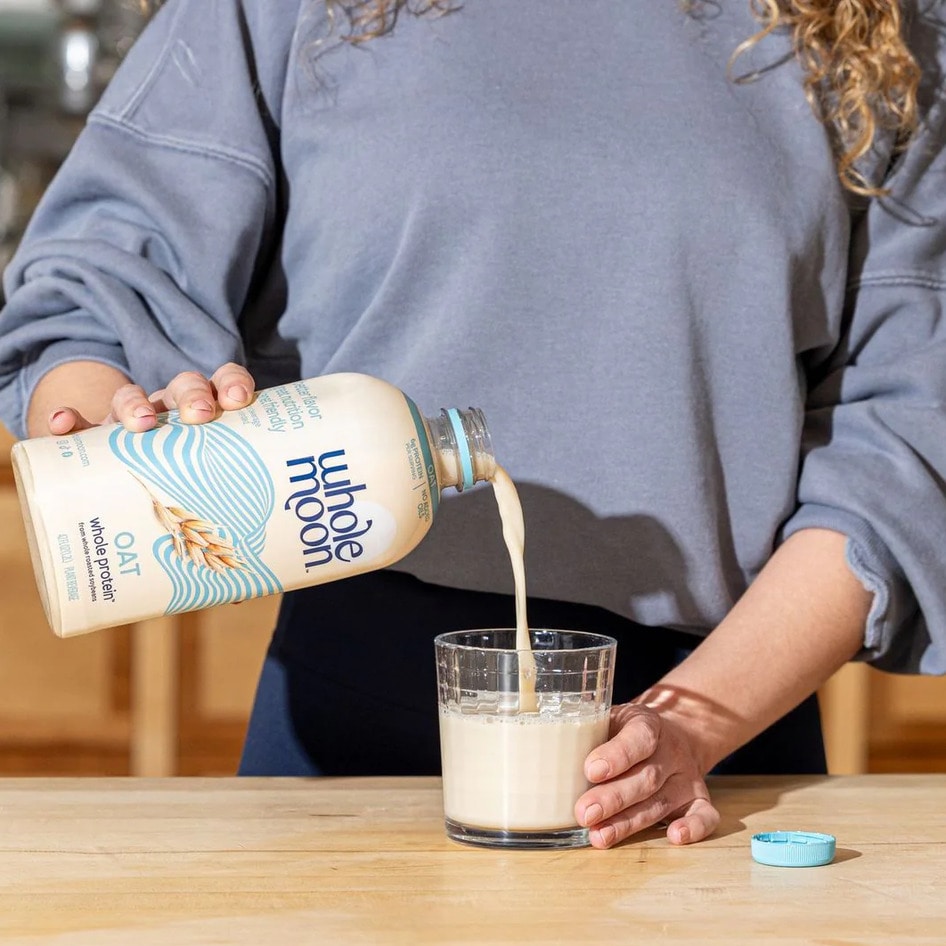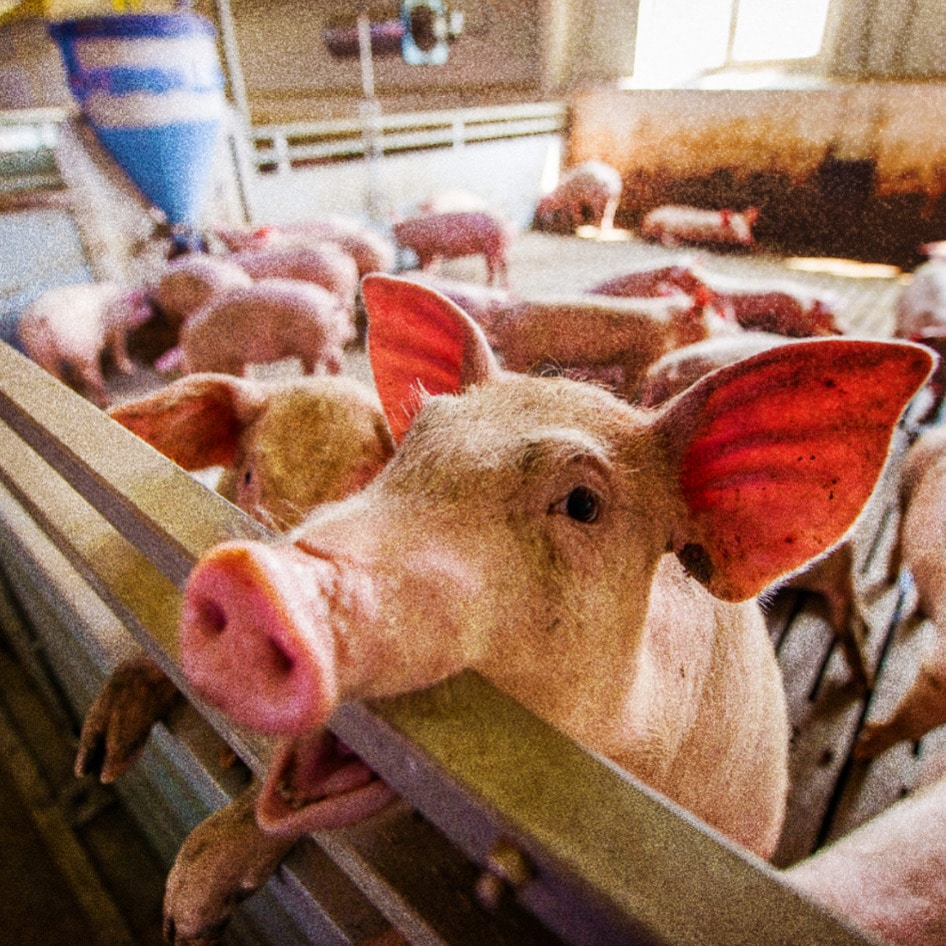The meat industry poses one of the most significant threats to our global water supply, according to a new report by sustainability nonprofit organization Ceres. The 2019 edition of the benchmarking report Feeding Ourselves Thirsty takes a close look at how 40 of the largest food companies manage water risk in their operations and global supply chain. According to the report, the meat sector—which was analyzed in addition to the agricultural products, beverage, and packaged food sectors—is responsible for one-third of freshwater withdrawals and the discharge of tons of dangerous pollutants into waterways annually. On average, the report found that the industry is doing the least to proactively mitigate these risks. Sanderson Farms—the third largest poultry producer in the United States—scored the lowest in the analysis and fails to establish any sort of target to reduce water use. The Ceres report suggests that these major companies need to adopt much stronger practices to reduce their demand and impact on limited water resources. “Growing and processing the food we eat is a thirsty business, consuming more than 70 percent of the world’s increasingly strained water resources,” Brooke Barton, Vice President of Innovation and Evaluation at Ceres and report co-author, said. “Yet, as our report reveals, the C-suite (collective for executive-level managers) still views water as a cheap and limitless input, ignoring its central role to the profitability of their business. Despite the broader perception, we’re encouraged by the growing acknowledgement of water risks and believe any action taken to advance internal water risk management is a step in the right direction. Still, a long path lies ahead for many of the industry’s largest water users and polluters.” As the meat industry continues to put a strain on the world’s resources, plant-based meat brands such as Beyond Meat and Impossible Foods are exploding in popularity. According to a sustainability report released by Impossible Foods, it takes 75 percent less water (in addition to 95 percent less land and 87 percent less greenhouse gas emissions) to produce its premier product, the Impossible Burger, as compared to a traditional animal-based burger.
JUMP TO ... Latest News | Recipes | Guides | Health | Subscribe







